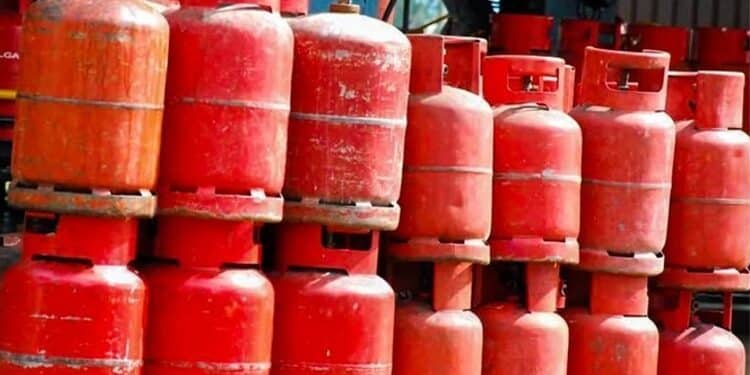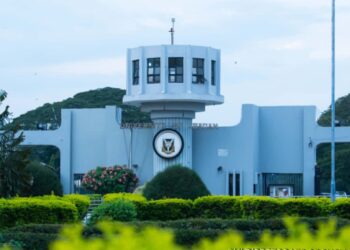Data from the Nigerian Bureau of Statistics said on a year-on-year basis, the price of refilling a 12.5kg cylinder of liquefied petroleum gas, also known as cooking gas, increased by 122 per cent from N4,422 in July 2021.
This came amid the Federal Government’s N250bn intervention funds on the National Gas Expansion Plan, which intends to deepen usage across the country.
The Bureau’s latest report said that based on a state profile analysis, Ebonyi recorded the highest average retail price for refilling a 12.5kg cylinder: N11,212, followed by Delta with N10,926 and Ekiti with N10,883.
Conversely, the lowest average price was recorded in Katsina, at N8,355, followed by Yobe and Kano, at N8,383 and N8,614, respectively.
Analysis by zone showed that the South West recorded the highest average retail price, N10,334, followed by the South South with N10,239, while the North East recorded the lowest price, N9,139.
According to Mele Kyari, the Group Chief Executive Officer of the Nigerian National Petroleum Corporation, more than 70 per cent of the over 200 million Nigerians lack access to clean cooking fuels.
Launched in August 2020 by the Central Bank of Nigeria, the Federal Government commenced the implementation of the N250bn intervention fund for the NGEP in August 2021.
The fund was intended to finance the establishment of gas processing plants, small-scale petrochemical plants, gas cylinder manufacturing plants, and Compressed Natural Gas, among other things.
Nigeria has proven gas reserves of 206.53TCF with plans to grow its reserves to 600TCF.
This is as households struggle amid rising inflation and declining incomes. Inflation is nearly 20 per cent, with the dollar-naira exchange rate over N670/$ at the parallel market where the majority of importers and manufacturers source their greenbacks. The NBS said the incomes of 67 per cent of households declined in August 2020 as compared to 2019.
The statistics body has not released data on household incomes since then. Still, experts said rising inflation indicates that incomes are becoming increasingly worthless in Africa’s most populous nation.
Sheriffdeen Tella, a Nigerian academic economist and professor of economics at Olabisi Onabanjo University, said the government’s intervention was quickly needed to bring down the costs of the product for the poor masses.
“The astronomical increase in the price of cooking gas will further aggravate the poverty situation in the country. Cooking gas is not a luxury; it is a necessity. It is bad enough that we are grappling with high food inflation, and now there is an additional burden of the escalating cost of cooking the food. So, for the average Nigerian and the poor, this is an added burden, and obviously, the impact on poverty will be very profound. It has implications for hunger and food security, which creates social tension in the country.
“Many households have even resorted to using firewood and charcoal, and all of these are inconsistent with the current deforestation and climate change policy. So, urgent steps must be taken to reduce the cost. This is particularly very important because of the impact of the high cost on the poor,” he said.










The rise in the price of gas has truly force an average Nigerian household to indeed look for alternatives especially when kerosene is not evn an option due to its price